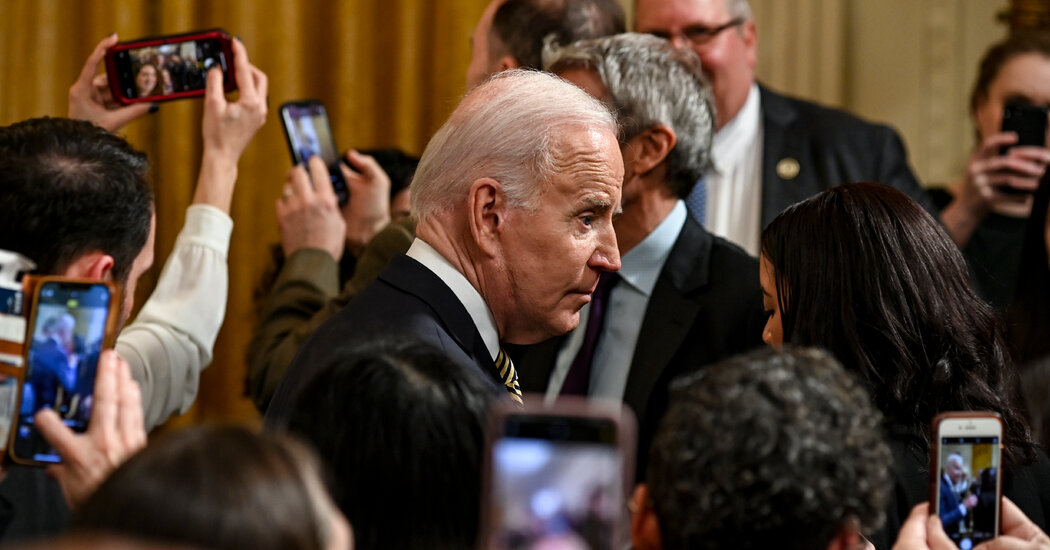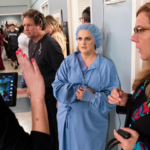
But it comes at a moment when Washington’s biggest concern is that Mr. Putin will escalate the war — and reach for weapons of mass destruction.
Just hours before Mr. Biden’s declaration, his national security adviser, Jake Sullivan, told Nikolai P. Patrushev, Mr. Putin’s main national security adviser, that “any possible Russian decision to use chemical or biological weapons in Ukraine” would result in an even harsher Western response. Several of Mr. Biden’s aides have been concerned that if the Russian leader feels cornered or believes the United States is trying to foment opposition, the chances that he will reach for such weapons could be heightened.
Russia-Ukraine War: Key Things to Know
So the debate underway in Washington now is what, exactly, might trigger Mr. Putin. Some believe he could lash out if dissent in Russia, already visible in street demonstrations, poses a real threat. Others believe that his trigger point might be a more direct entry into the war by NATO countries. They are already providing antitank and antiaircraft weapons that have contributed to what the Pentagon now estimates is a Russian death toll of at least 7,000 troops.
One former intelligence official noted that it was Hillary Clinton’s support for anti-Putin street demonstrations in Russia that prompted him to order the hacking of the Democratic National Committee when Mrs. Clinton was running for president in 2016. Mr. Putin is a believer, the official said, in retribution.
Mr. Putin would have good reason to think the Biden administration is looking forward to his exit, though American officials choose their words carefully to avoid the implication that Washington’s policy is to speed the process. Mr. Blinken, speaking to reporters on Thursday, said that “when all is said and done, an independent Ukraine will be there, and at some point Vladimir Putin will not.”
The last time an American president went head-to-head with a Russian or Soviet leader with so much at stake was 60 years ago, during the Cuban missile crisis, widely regarded as the closest the world came to Armageddon. And yet at that moment, in October 1962, President Kennedy’s instinct was to avoid personalizing the conflict — and to help his Soviet counterpart, Nikita S. Khrushchev, find a way out of direct confrontation.
“I think it is the most natural comparison to this moment,” said Fredrik Logevall, a Harvard historian and Kennedy biographer.




